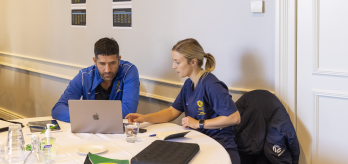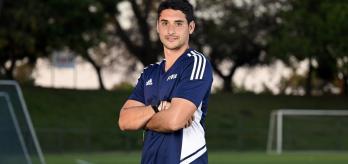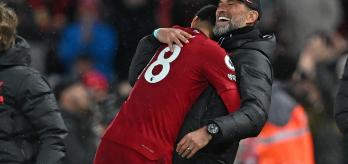The American engineer William Edwards Deming is believed to have said that, “If you do not know how to ask the right question, you discover nothing.” Deming’s observation can also be applied to the training ground, where asking the right questions in the right way could be crucial for getting your coaching messages across.
Key take-aways
-
Research tells us that questioning can be a key teaching tool for coaches, and that most questions focus on tactical aspects of the game.
-
Divergent (open) questions tend to encourage analysis and thinking, whereas convergent (closed) questions tend to be preferred for instructions, thus prompting “lower-order” thinking.
-
Using both types of questions strategically in sessions can help players progress from basic ideas to mastering complex tactics and concepts.
-
Coaches can tailor their questions to the squad in front of them. Pre-planned, structured questions can help coaches guide their teams and individual players towards the right answers.
Watch brief
Read summary
Part 1: Background, aims and methodology
Previous studies published on this topic have suggested that, despite the benefits of effective questioning during training sessions, coaches tend to ask relatively few questions, and the vast majority of those they do ask are closed or leading in nature. This contrasts with Football Federation Australia’s recommendations, which promote the use of more open, “smart” questioning to encourage problem-solving and decision-making. The misalignment prompted Professor O’Connor and her colleagues to analyse 35 coaching sessions from 19 coaches to examine exactly how they used their questions to promote learning.
Part 2: Results and discussion
The second part of the presentation presents the results of that analysis and then discusses potential reasons for the trends identified. The study highlighted clear patterns in the questions posed by coaches. For example, convergent questions were more common than divergent ones, especially for instruction. Three-quarters of questions tested lower-order knowledge and recall, and the number of divergent questions asked varied significantly between coaches. This variation might reflect varying degrees of confidence among coaches in formulating such questions, or indicate that coaches are tailoring their questions to the analytical abilities of the squads they are working with.
Part 3: Implications for coaches
Finally, Professor O’Connor considers the implications of these findings. For instance, she notes that one risk of whole-group questioning is that one or two players come up with all the answers. Coaches could consider a number of strategies to prevent this, including questioning in smaller groups and encouraging players to discuss problems amongst themselves – which could help coaches to understand how much their players know. Coaches can also plan their questions in advance and rephrase them as necessary to tailor messaging to the players in their squads.
Paper citiation
O’Connor D, Larkin P, Robertson S & Goodyear P., 2021, “The art of the question: the structure of questions posed by youth soccer coaches during training”. Physical Education and Sport Pedagogy, 27(3), 304–319.















